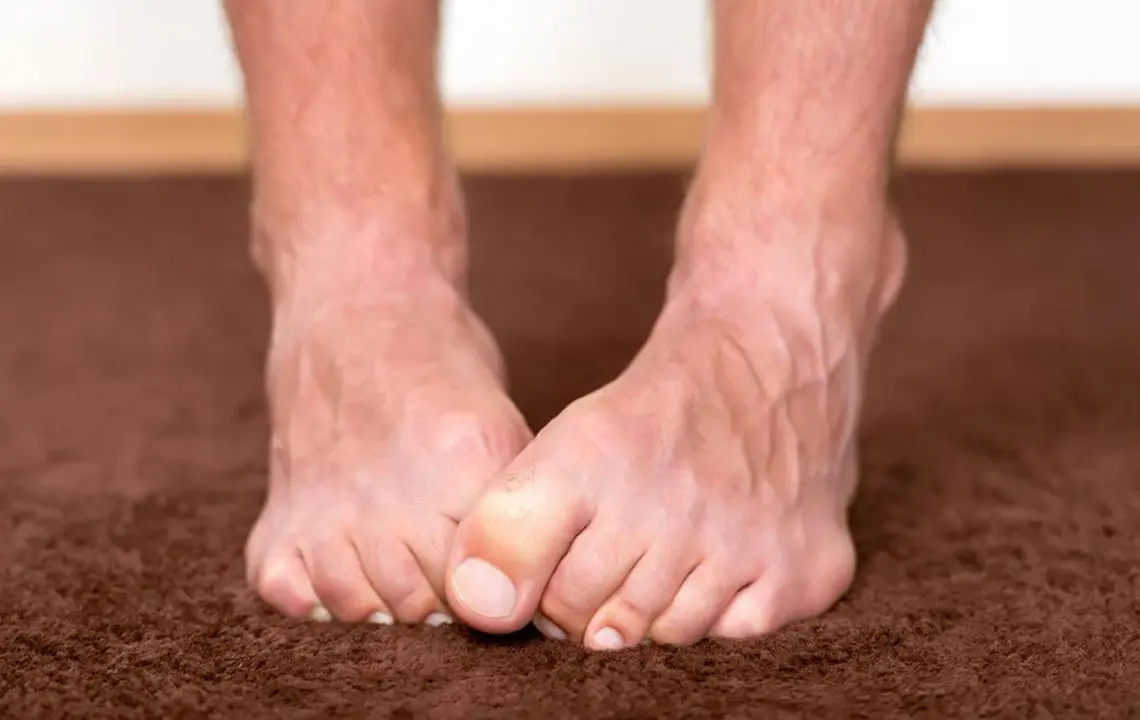Can Neuropathy be Cured?
Sometimes
Outcomes depend on the specific type and cause of neuropathy; some cases can be managed effectively, while others may have a more challenging course

What is Neuropathy?
Neuropathy refers to damage or dysfunction of the nerves, leading to symptoms such as pain, tingling, and weakness. Causes include diabetes, infections, and autoimmune disorders. Treatment focuses on managing the underlying cause, relieving symptoms, and preventing complications. A multidisciplinary approach may be used to address the diverse aspects of neuropathy. Regular monitoring is crucial for optimizing symptom management.

Clinical Aspects

Characteristics
General term for conditions characterized by nerve damage or dysfunction

Symptoms
Varies depending on the type and cause; may include peripheral neuropathy, autonomic neuropathy

Diagnosis
Clinical evaluation, sometimes nerve conduction studies

Prognosis
Variable, depends on the underlying cause and response to treatment

Complications
Impaired mobility, complications affecting daily life
Etiology and Treatment

Causes
Diabetes, infections, autoimmune diseases, toxins, genetic factors, medications

Treatments
Treatment of underlying cause, pain management, physical therapy, lifestyle modifications

Prevention
Treatment of underlying cause, pain management, physical therapy, lifestyle modifications
Public Health and Patient Perspectives

Epidemiology
Nerve damage resulting in pain, numbness, and weakness

Patient Perspectives
Management of underlying causes, symptomatic treatment
For personalized advice and care, always seek the assistance of healthcare professionals. This information is meant for general understanding and not as a replacement for professional medical advice.
Share: